Saudi Arabia is steadily advancing towards building a diversified knowledge economy based on innovation and technology as part of its ambitious Vision 2030. With the rapid digital transformation underway, there is an urgent need to develop modern data centers capable of handling vast amounts of data, especially big data. These centers are the backbone for enabling digital services, improving performance efficiency, and supporting decision-making at all levels—individuals, institutions, and government entities—strengthening Saudi Arabia’s position as a regional digital powerhouse.
To achieve this leadership, the Saudi Ministry of Communications and Information Technology has launched major initiatives to develop data centers, which form the infrastructure for big data processing. This approach aims to increase cloud service adoption, support digital broadcasting, gaming, e-sports, and localize digital content and platforms.
Saudi Arabia currently holds 86% of the total data center capacity in the Middle East, reflecting its ambition to become a global digital hub driven by Vision 2030. According to JLL, Riyadh is preparing to increase its data center capacity with a compound annual growth rate of 37% until 2027.
This rapid expansion translates into huge economic opportunities, especially in the green data center market, valued at $817 million in 2024 and expected to exceed $3.9 billion by 2033 with a CAGR of about 19%. This growth confirms Saudi Arabia as an attractive environment for global data center operators and large AI projects, thanks to renewable energy sources, advanced infrastructure, and a supportive regulatory climate.
However, sustainability challenges arise due to the sector’s intensive energy consumption for AI applications and big data processing, which poses a major environmental challenge. Large language models require enormous energy, potentially causing significant environmental issues and impacting the global energy crisis. It is estimated that by 2050, there will be 100 billion IoT devices, leading to a massive increase in big data.
Although AI is expected to add $16 trillion to the global economy by 2030, its applications have significantly increased carbon dioxide emissions among major internet companies by 40-50% over the past five years.
With AI energy consumption projected to quadruple from 4.5 gigawatts currently to 18 gigawatts by 2028, addressing these environmental challenges is imperative.
Global companies strongly support Saudi Arabia’s initiatives, foremost among them Schneider Electric, a key strategic partner in supporting the Kingdom’s Vision 2030 digital transformation plans and a major driver of growth in the Saudi data center sector. The company contributes to operational efficiency, cost reduction, and sustainability goals aligned with Vision 2030 and initiatives like Saudi Green.
Ahmed Jamal, Vice President of the Secure Power Division at Schneider Electric for Saudi Arabia, Pakistan, Yemen, and Bahrain, explains: “Saudi Arabia’s plans to increase data center capacity by 37% by 2027 underscore its commitment to responsible digital transformation. This growth requires sustainable designs, efficient cooling systems, and intelligent operations control, especially under AI workloads. At Schneider Electric, we are committed to designing innovative, carbon-neutral data centers that combat climate change and focus on sustainability by improving infrastructure efficiency and reducing energy consumption.”
Jamal adds: “The company offers comprehensive strategies for sustainable data center design based on three elements: operational strategy helping clients measure efficiency, infrastructure proven effective through transparent environmental reporting, and environmental impact commitment to reducing carbon emissions and progressing towards carbon neutrality.”
He identifies three main priorities for Schneider Electric in the Saudi data center market: providing flexible and efficient cooling suited to the desert climate, integrating renewable energy aligned with carbon neutrality goals, and offering digital tools for real-time performance and energy efficiency monitoring.
To meet these priorities, Schneider Electric provides an integrated suite of solutions to keep pace with rapid growth, including liquid cooling solutions through its acquisition of Motivair, designed specifically for high AI heat loads, the EcoStruxure™ platform offering smart digital management of data centers and energy consumption optimization, as well as integrated solutions covering secure power, cooling, monitoring systems, and design from edge to core—all scalable to AI needs. Jamal confirms that Schneider Electric’s comprehensive approach—from smart operations to sustainable cooling—is what Saudi Arabia needs to build a modern, resilient data center infrastructure.
Ultimately, data center sustainability has become a Saudi priority, a necessary condition to ensure smart and responsible expansion of digital infrastructure amid expected demand growth. The massive energy consumption by AI applications calls for innovative solutions such as energy-efficient cooling technologies and renewable energy to reduce carbon footprint and achieve environmental goals.
Compliance with strict environmental regulations and growing investor expectations regarding Environmental, Social, and Governance (ESG) standards make sustainability not just an option but a fundamental pillar for future growth and licensing and financing approvals.
As Saudi Arabia leads the regional digital scene, it has a unique opportunity to become a global hub for smart infrastructure, where sustainable data centers will be key to realizing this ambitious vision and contributing effectively to building a digital and green future.
In line with this direction, Schneider Electric will organize the second Innovation Summit 2025 in Riyadh on September 24-25 under the theme “Creating Positive Impact Today for a Better Future: Building a Sustainable Future for Saudi Arabia.” The summit serves as a strategic platform to enhance Riyadh’s and the Kingdom’s position as a regional leader in sustainability and digital transformation.
This year’s summit highlights Schneider Electric’s latest innovative technologies and solutions in energy efficiency, data centers, smart cities, and other vital sectors within the ambitious Vision 2030 framework, contributing to accelerating digital transformation, developing technological infrastructure, and boosting the knowledge economy in Saudi Arabia.







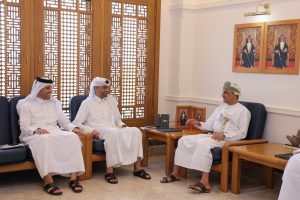
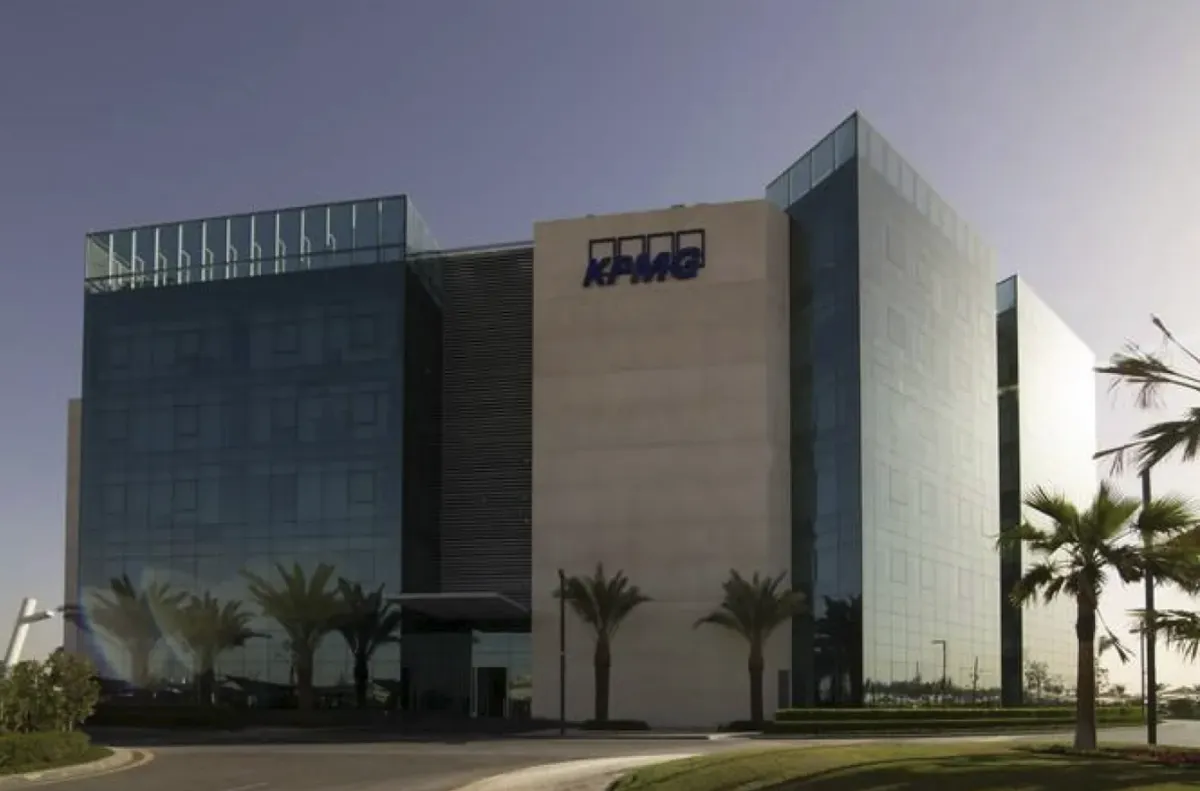
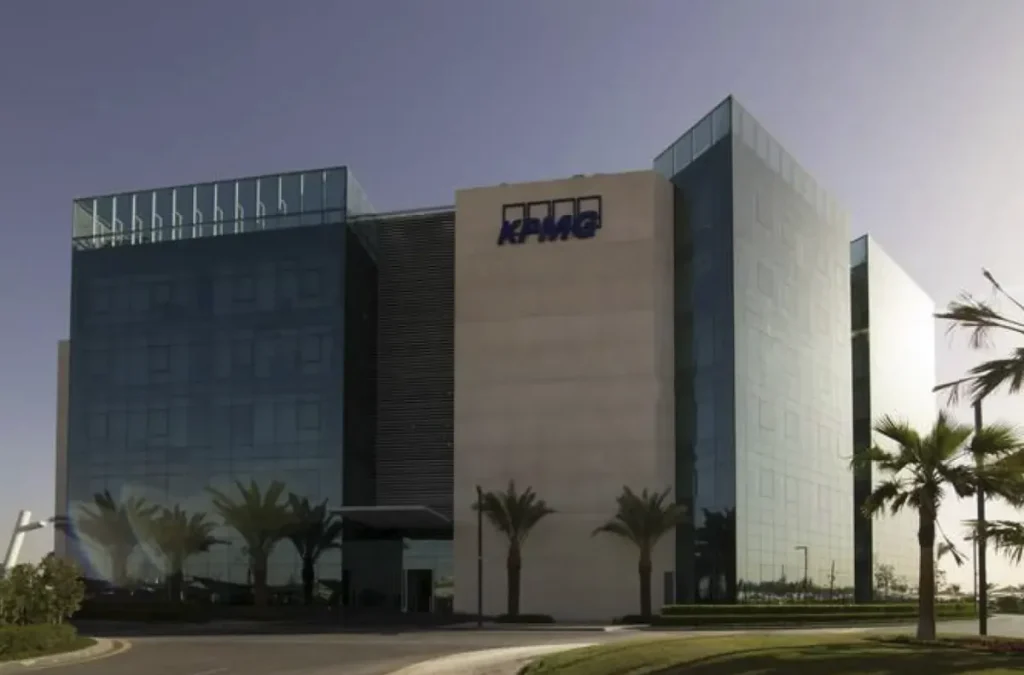

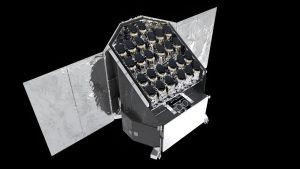
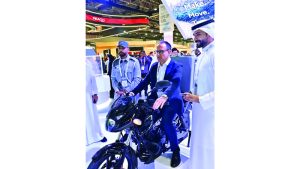

Recommended for you
Exhibition City Completes About 80% of Preparations for the Damascus International Fair Launch
Talib Al-Rifai Chronicles Kuwaiti Art Heritage in "Doukhi.. Tasaseem Al-Saba"
Unified Admission Applications Start Tuesday with 640 Students to be Accepted in Medicine
Egypt Post: We Have Over 10 Million Customers in Savings Accounts and Offer Daily, Monthly, and Annual Returns
His Highness Sheikh Isa bin Salman bin Hamad Al Khalifa Receives the United States Ambassador to the Kingdom of Bahrain
Al-Jaghbeer: The Industrial Sector Leads Economic Growth